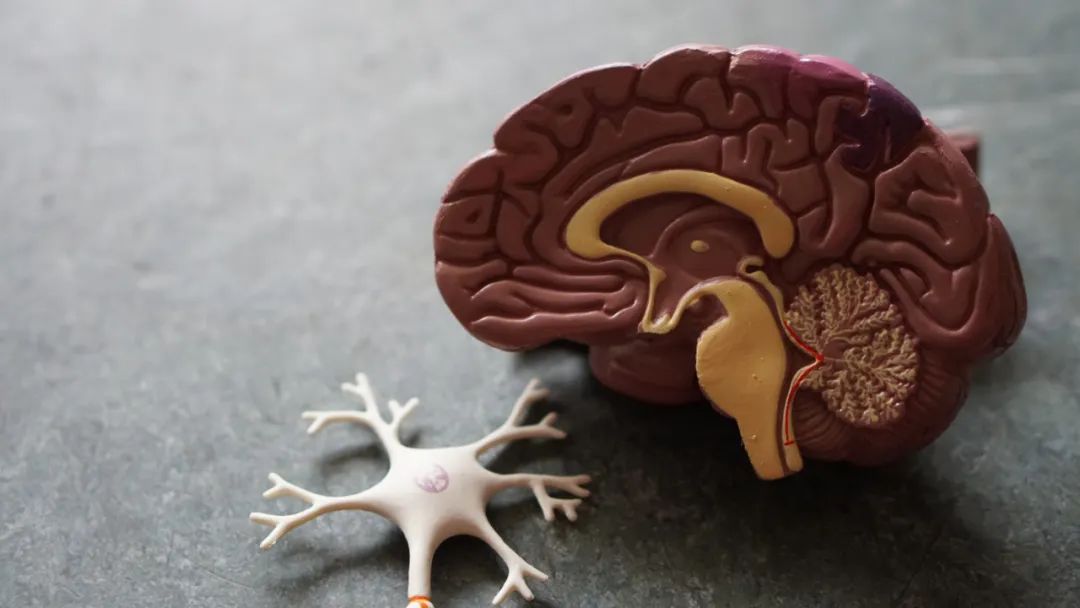
Student Research Projects in Anthropology
Anthropology is the study of human societies, cultures, and their development over time. Student research projects in anthropology provide an excellent opportunity for students to delve deep into a particular aspect of human life, apply critical thinking skills, and contribute to the field of anthropology. In this article, we will explore the benefits of student research projects in anthropology and provide guidance on how students can excel in their research endeavors.
1. Benefits of Student Research Projects
One of the key benefits of student research projects in anthropology is the opportunity for hands-on learning. Students have the chance to design their research projects, collect data, and analyze their findings, which can significantly enhance their understanding of anthropological concepts.
Furthermore, student research projects allow students to develop critical thinking and problem-solving skills. By engaging in research, students learn how to formulate research questions, conduct literature reviews, and draw evidence-based conclusions, skills that are crucial in both academia and the professional world.
Lastly, student research projects provide students with the chance to contribute new knowledge to the field of anthropology. By conducting original research, students can make meaningful contributions to the discipline and gain recognition for their work.
2. Choosing a Research Topic
When choosing a research topic for an anthropology project, students should consider their interests, the availability of resources, and the feasibility of the project. It is essential to select a topic that is relevant to the field of anthropology and has the potential to contribute new insights or perspectives.
Students can explore a wide range of topics, including cultural practices, social movements, historical events, and more. It is beneficial to select a topic that aligns with the student's academic goals and allows for in-depth research and analysis.
Additionally, students should consider the ethical implications of their research topic and ensure that they adhere to ethical guidelines throughout the research process.
3. Conducting Research
Once a research topic has been selected, students can begin conducting their research. This process may involve collecting primary data through interviews, surveys, or observations, as well as analyzing existing literature and secondary sources.
Students should carefully document their research methods, findings, and analysis to ensure the integrity and reproducibility of their research. It is also essential to engage with the existing literature in the field of anthropology and position their research within the broader scholarly conversation.
Throughout the research process, students should seek feedback from their peers, professors, and other experts in the field to refine their research methods and findings.
4. Presenting Research Findings
Once the research is completed, students have the opportunity to present their findings through written reports, presentations, or even academic conferences. Presenting research findings allows students to communicate their research to a broader audience and receive feedback from peers and experts in the field.
It is essential to communicate research findings clearly and concisely, using appropriate academic language and formatting. Students should also reflect on the strengths and limitations of their research and consider future directions for further research in their chosen topic.
By presenting their research findings, students can showcase their knowledge, skills, and contributions to the field of anthropology.
Conclusion
Student research projects in anthropology provide valuable opportunities for students to deepen their understanding of the discipline, develop critical thinking skills, and contribute new knowledge to the field. By selecting a research topic, conducting thorough research, and presenting their findings, students can excel in their research endeavors and make meaningful contributions to the discipline of anthropology.
Related Q&A
Question: How can students ensure the ethical conduct of their research projects in anthropology?
Answer: Students can ensure the ethical conduct of their research projects in anthropology by obtaining informed consent from research participants, maintaining confidentiality, and adhering to ethical guidelines set forth by their academic institution or professional organizations.
Question: What are some potential challenges students may face when conducting research projects in anthropology?
Answer: Some potential challenges students may face when conducting research projects in anthropology include limited access to research participants, difficulties in data collection and analysis, and ethical considerations related to cultural sensitivity and confidentiality.
Question: How can students leverage their research projects in anthropology for future academic or professional opportunities?
Answer: Students can leverage their research projects in anthropology by presenting their findings at academic conferences, publishing their research in scholarly journals, and highlighting their research experience on their resumes or graduate school applications. Additionally, students can connect with professors, researchers, and professionals in the field of anthropology to explore potential opportunities for further research or collaboration.







